Exporting Premium Thermal Break Aluminum Profiles to Global Markets
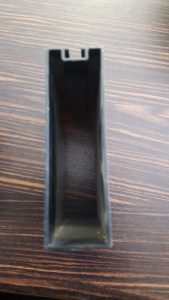
Introduction to Thermal Break Aluminum Profiles
Exporting Premium Thermal Break Aluminum Profiles to Global Markets Thermal break aluminum profiles have revolutionized modern construction by providing energy-efficient solutions for building envelopes. These profiles incorporate a non-metallic barrier, typically made of polyamide or other insulating materials, that separates the inner and outer aluminum frames. This barrier drastically reduces thermal conductivity, preventing heat transfer between the inside and outside of a building. The result is improved insulation, reduced energy consumption, and increased occupant comfort. As global attention on sustainability and green building intensifies, thermal break profiles are becoming a vital component in residential, commercial, and industrial construction projects.
The Rising Demand for Energy Efficiency
Worldwide, governments and organizations have set stringent regulations and standards to reduce carbon footprints and energy use. Energy-efficient buildings lower heating and cooling demands, directly impacting energy costs and environmental sustainability. Thermal break aluminum profiles play a crucial role in achieving these goals. In regions with extreme climates — whether very cold winters or hot summers — these profiles help maintain stable indoor temperatures. Consequently, the demand for thermal break systems has surged in North America, Europe, the Middle East, and parts of Asia.
Advantages of Thermal Break Aluminum Profiles
Beyond energy savings, thermal break profiles offer several benefits:
- Durability and Strength: Aluminum provides a robust structural frame resistant to corrosion and weathering.
- Design Flexibility: These profiles can be extruded in various shapes and sizes to meet architectural requirements.
- Improved Acoustic Insulation: The thermal barrier also contributes to noise reduction from outside.
- Low Maintenance: Aluminum profiles require minimal upkeep compared to other materials.
Why Export Thermal Break Profiles?
Exporting premium thermal break aluminum profiles offers manufacturers opportunities to expand their business beyond domestic markets. Many countries, particularly developing ones, lack local production capacity or technology to manufacture high-quality thermal break profiles. This gap creates a demand for reliable exporters who can supply certified, durable, and customizable products. Furthermore, global construction booms, especially in urban centers, drive demand for energy-efficient materials, making exports lucrative.
Key International Markets
- Middle East: Rapid urban development and a growing focus on green buildings in countries like UAE, Saudi Arabia, and Qatar create high demand.
- Europe: With strict energy codes and sustainability goals, European countries require advanced thermal break systems.
- Asia-Pacific: Nations such as China, India, and Southeast Asian countries are urbanizing rapidly, increasing demand for modern building materials.
- North America: The US and Canada enforce energy standards that necessitate thermal break profiles in new constructions and renovations.
Challenges in Exporting Thermal Break Aluminum Profiles
Entering global markets is rewarding but presents several challenges:
- Certification and Standards Compliance: Exported profiles must meet international standards such as ASTM, EN, and local building codes. Obtaining and maintaining certifications requires investment in quality control and testing.
- Logistics and Packaging: Profiles are long, delicate, and require specialized packaging to prevent damage during shipping. Managing freight efficiently is crucial to control costs and delivery times.
- Customs and Trade Regulations: Navigating tariffs, import duties, and customs procedures demands expertise to avoid costly delays.
- Competition: Competing with established manufacturers, especially from Europe, China, and North America, requires consistent product quality and competitive pricing.
- After-Sales Support: Providing technical support, replacement parts, and warranty services remotely can be complex but essential for maintaining client trust.
Strategies for Successful Export
- Invest in Quality Assurance: Implement comprehensive quality management systems to ensure every profile meets or exceeds standards.
- Obtain Certifications: Secure internationally recognized certifications to facilitate market acceptance and compliance.
- Develop Strong Local Partnerships: Collaborate with reliable distributors, agents, or contractors in target markets to build brand presence and offer localized support.
- Optimize Logistics: Use experienced freight forwarders and packaging solutions to reduce shipping damage and costs.
- Customize Products: Adapt profiles to meet local architectural styles, climate needs, and client preferences.
- Competitive Pricing: Balance cost-efficiency with quality to offer attractive prices without compromising standards.
- Marketing and Branding: Participate in international trade shows, develop multilingual websites, and produce technical brochures tailored to target regions.
The Role of Valid Aluminum in the Global Market
Valid Aluminum has established itself as a premier manufacturer and exporter of thermal break aluminum profiles. Utilizing advanced extrusion technologies and rigorous quality control, Valid Aluminum delivers products tailored to the needs of global clients. The company emphasizes customer satisfaction through responsive communication, flexible order quantities, and reliable delivery schedules. Its commitment to innovation and sustainability aligns with the growing demands of international construction markets.
Case Studies and Success Stories
Valid Aluminum’s profiles have been used in numerous international projects including commercial towers in Dubai, residential complexes in Europe, and infrastructure developments in Asia. These projects highlight the profiles’ durability, energy efficiency, and aesthetic appeal. Client testimonials underscore the company’s professionalism, quality, and timely service, positioning Valid Aluminum as a trusted export partner.
Future Trends and Opportunities
As green building certifications such as LEED and BREEAM become more prevalent globally, the demand for thermal break aluminum profiles will continue to rise. Innovations in material science, such as incorporating recycled aluminum and improving thermal barrier technology, present opportunities for manufacturers to enhance sustainability credentials. Expanding into emerging markets and leveraging digital sales platforms can further grow export potential.
Conclusion
Exporting premium thermal break aluminum profiles to global markets offers substantial growth opportunities for manufacturers ready to meet international demands. Through adherence to quality standards, effective logistics, market adaptation, and strong partnerships, companies like Valid Aluminum can capitalize on the expanding need for energy-efficient building solutions worldwide. By contributing to sustainable construction practices, these exports not only boost business but also support global environmental goals.
Exporting Premium Thermal Break Aluminum Profiles to Global Markets
Exporting Premium Thermal Break Aluminum Profiles to Global Markets

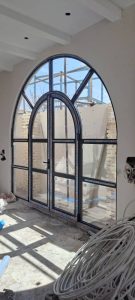
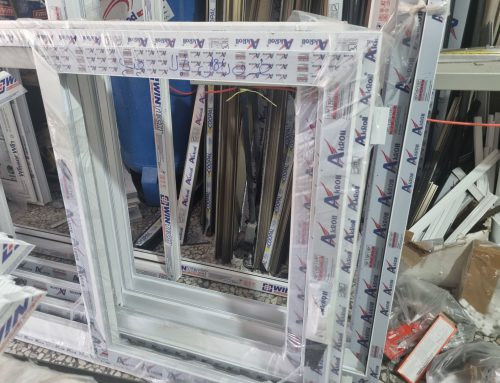
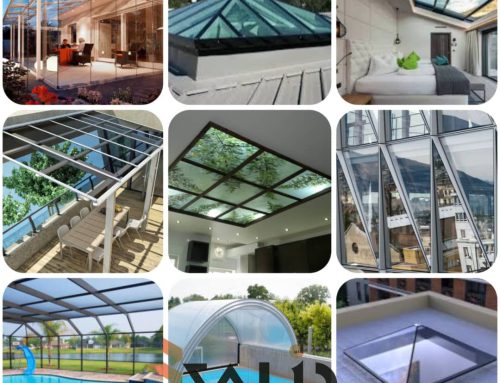
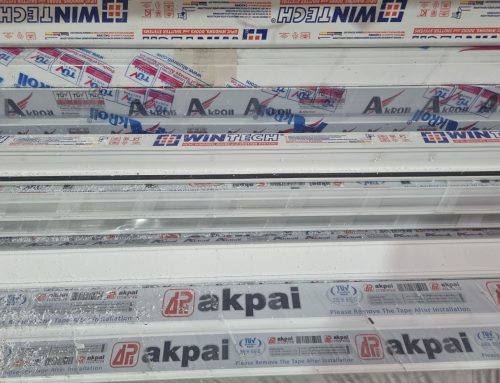
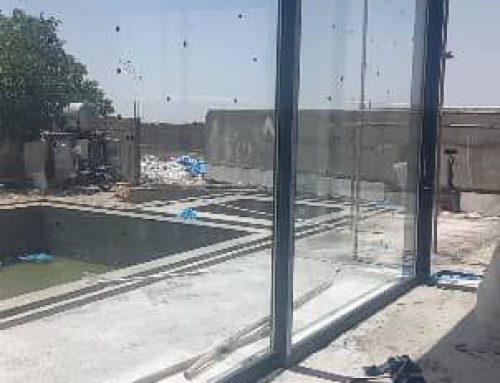
Leave A Comment